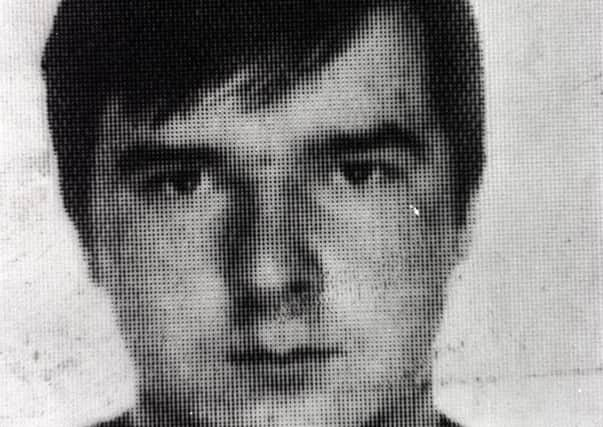Supreme Court rules in favour of dead IRA man’s family


Pearse Jordan, 22, was killed by a specialist police officer as he ran from a hijacked car in west Belfast.
The car had been rammed by an unmarked police vehicle seconds earlier. He was found to be unarmed at the time he was shot.
Advertisement
Hide AdAdvertisement
Hide AdAn inquest into the killing was opened in January 1995 but later adjourned. It was resumed in 2012 but has yet to conclude.
A court had previously rejected an appeal from the dead man’s father, Hugh Jordan, that his claim for damages over the delay should be heard before the conclusion of the inquest.
Pearse Jordan’s mother has Teresa has now taken over the various proceedings on behalf of the family.
The family was previously awarded damages in relation to the delays that occurred between 2001 and 2012.
Advertisement
Hide AdAdvertisement
Hide AdSinn Fein MP Paul Maskey has welcomed the Supreme Court ruling.
He said it brings the Jordan family “one step closer to justice for Pearse’s death,” and added: “The family have been engaged in a long struggle for truth and justice for almost 30 years and have been frustrated by continuous obstacles put in place by the RUC and PSNI.”
At the close of an inquest hearing in October 2012, the jury was split on whether police used reasonable force, the state of belief on the part of the officer who fired the fatal shots and whether the officer could have taken an alternative course of action.
Yesterday, a spokesperson for the Supreme Court said: “The issue is, whether the appellant is permitted to bring a claim under the Human Rights Act 1998, alleging a breach of the requirement of promptness in an investigation into a death contrary to Article 2 of the European Convention on Human Rights, before the inquest has finally concluded. The Supreme Court unanimously allows the appeal.”